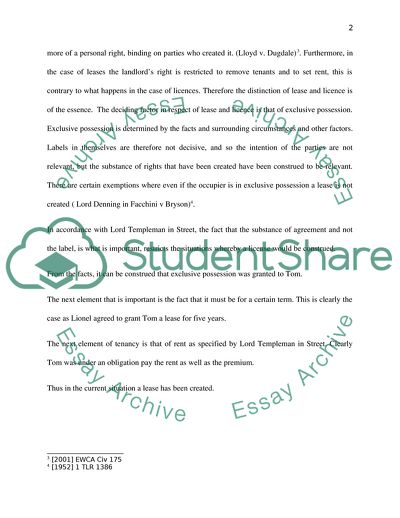Cite this document
(Land Law Case Study Example | Topics and Well Written Essays - 1500 words - 9, n.d.)
Land Law Case Study Example | Topics and Well Written Essays - 1500 words - 9. https://studentshare.org/law/1747955-land-law
Land Law Case Study Example | Topics and Well Written Essays - 1500 words - 9. https://studentshare.org/law/1747955-land-law
(Land Law Case Study Example | Topics and Well Written Essays - 1500 Words - 9)
Land Law Case Study Example | Topics and Well Written Essays - 1500 Words - 9. https://studentshare.org/law/1747955-land-law.
Land Law Case Study Example | Topics and Well Written Essays - 1500 Words - 9. https://studentshare.org/law/1747955-land-law.
“Land Law Case Study Example | Topics and Well Written Essays - 1500 Words - 9”. https://studentshare.org/law/1747955-land-law.


